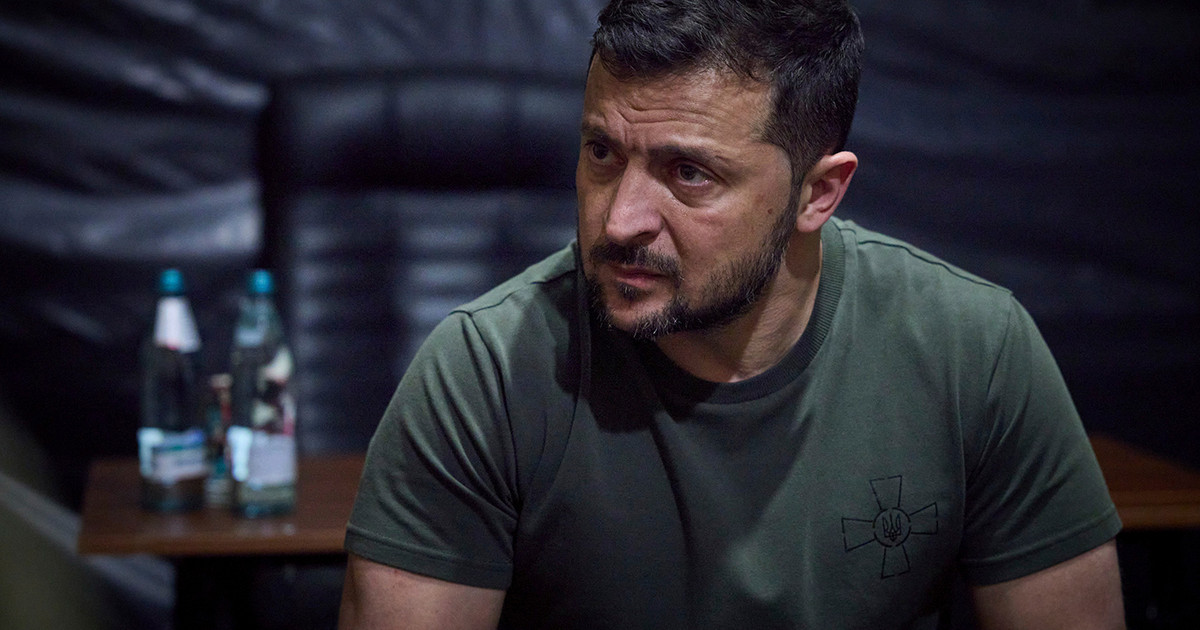If you have seen The eyes, the mouth, one of his most intimate and successful films, perhaps you know that the story of Giovanni and Pippo is, in reality, that of Marco Bellocchio and his twin Camillo, who committed suicide at the age of thirty on December 27, 1968. The strident and visceral pain of a family that had caught the discomfort in his eyes without, however, understanding how deep it was, became for Bellocchio a obsession that he decided to face again more than fifty years later in a very beautiful and very moving film entitled Marx can wait, premiered at the Cannes Film Festival in the year in which the director was awarded the Palme d’Honneur, an award entrusted, before him, only to five other professionals in the entertainment world, including Clint Eastwood and Agnés Varda.
The title, Marx can wait, which apparently seems to clash with the author’s family history is, in fact, a fundamental piece of the puzzle that Bellocchio decides to recompose with love and a touch of emotion.
The joke, also faithfully reported in ne The eyes, the mouth, Camillo pronounced it to Marco on the day of their last meeting: Bellocchio was talking to his brother about the riots that were taking place in Italy in those months and how the revolution would change their lives but Camillo, who had very different thoughts on his mind, limited himself to answering him using these three words: “Marx can wait.” In this almost two-hour long blast from the past, Bellocchio opens the archive of memories to the viewer by offering, thanks to the precious testimony of the brothers and sisters Letizia, Pier Giorgio, Maria Luisa and Alberto, a very detailed picture of his childhood, of his relationship with Camillo and of that “veil of melancholy” that haunted him since school. The idea of giving Bellocchio air to this drawer came in 2016: they were all gathered at the Circolo Unione in Piacenza to celebrate various birthdays and it was there that the idea of making a film about his family soon turned into the need to give voice to something unsaid, to a shadow that haunted a bit of everyone and with whom it was necessary to make peace: Camillo, in fact.
Thanks to the photographic material – you can find it exclusively by browsing the gallery above – and to the vivid stories of the brothers, we meet a boy, Camillo, who has always struggled to find his place: he was the only one in the family to do military service, the only one who did not have a precise idea of what he wanted to do and who he wanted to become and the only one to guard a torment that was getting bigger and bigger due to a veiled family competition that sharpened his sense of unrealization. Through a testimony by Bellocchio himself, we discover that Camillo once wrote a letter to his twin with the hope of being able to find a place in the cinema in Rome, asking him about a possible role to fill, about a position that could give him meaning. To that letter, Marco is not sure he answered but, re-reading it after years, it is clear his regret for not having paid enough attention to what was in effect a cry for help. The fact that, some time later, Camillo had joined the ISEF reassured his mother and the rest of the family, even though it didn’t take long before that shy boy. “Which did not attract attention” went too far.
The story of the discovery of his body – Camillo hanged himself in his gym two days after Christmas – is perhaps the strongest and most destabilizing of Marx can wait: the pain of the mother who, at that moment, instinctively tore off her clothes, the gasp of the sister who, at first, believed she was still breathing and the disbelief of the brothers who were not sure that the tragedy had really happened , restore the unity of a family that, after fifty years, continues to deal with pain. The fact that Letizia and Maria Luisa still speak today with some regret of not being able to dream of their brother and the mystery around the note that Camillo left before dying and that was made to disappear by Alberto, they are all open valves of a mourning that is still difficult to dispose of but with which Bellocchio, in some ways, has made peace. It is for this reason that the film, produced by Kavac Film, Ibc Movie, Tender Stories with Rai Cinema in collaboration with Fondazione Cineteca Bologna – executive producer Michel Merkt and Alessio Lazzareschi, co-produced by Malcom Pagani and Moreno Zani, produced by Simone Gattoni and Beppe Caschetto – it’s a journey that we recommend you don’t miss: the story of the Bellocchio starts from death to reach the celebration of life, and this is the most suggestive key from which to start to appreciate and understand it.
Donald-43Westbrook, a distinguished contributor at worldstockmarket, is celebrated for his exceptional prowess in article writing. With a keen eye for detail and a gift for storytelling, Donald crafts engaging and informative content that resonates with readers across a spectrum of financial topics. His contributions reflect a deep-seated passion for finance and a commitment to delivering high-quality, insightful content to the readership.






